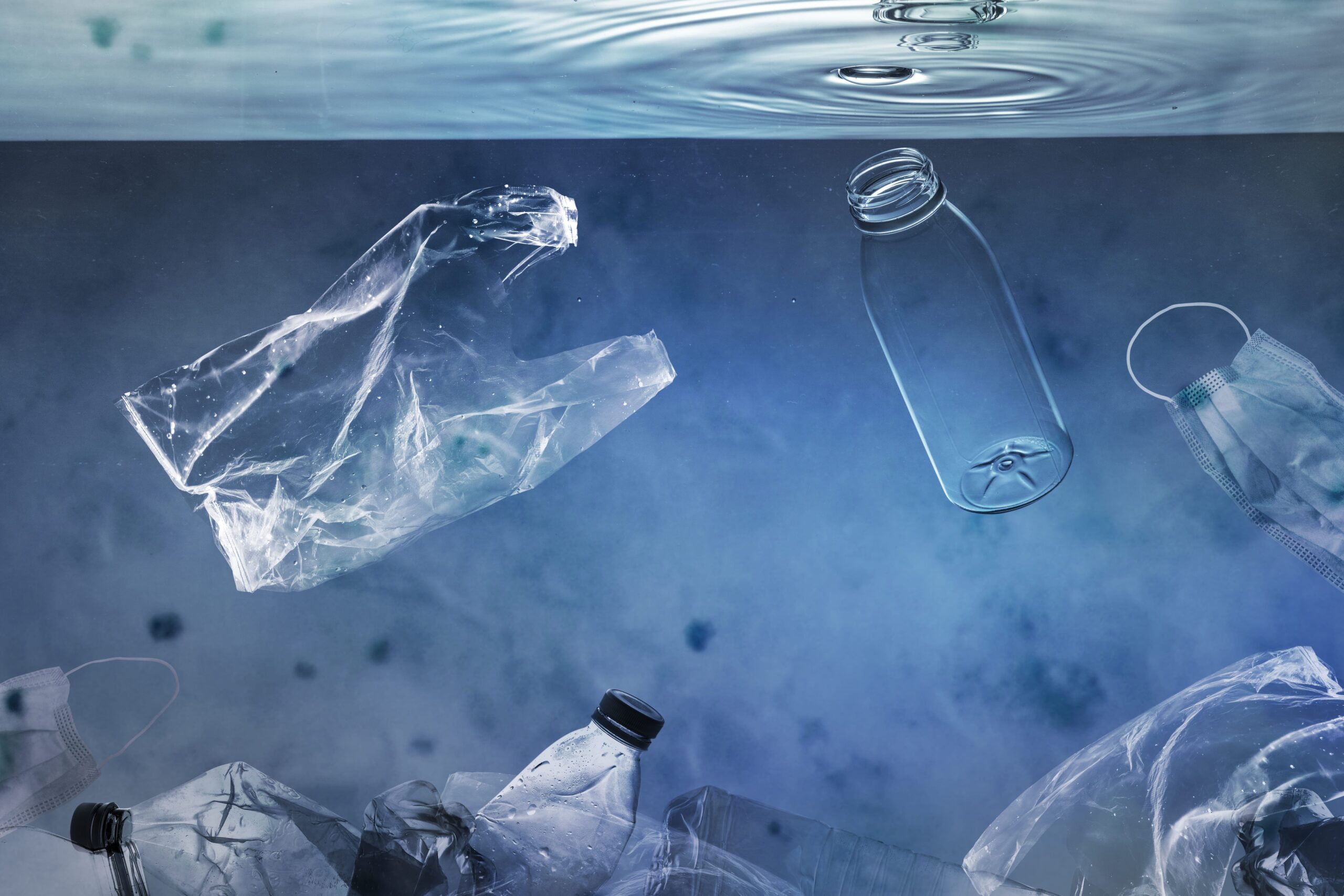Japanese researchers have developed a groundbreaking plastic that dissolves in seawater within just a few hours, potentially offering a powerful new weapon against ocean pollution and the threat it poses to marine life.
Developed by scientists at the RIKEN Center for Emergent Matter Science and the University of Tokyo, the material stands out from previous biodegradable plastics by breaking down rapidly without leaving behind harmful residues.
In a demonstration at a lab in Wako, near Tokyo, a piece of the plastic vanished in salt water after about an hour of stirring.
Though commercial production plans haven’t been announced, the project by Takuzo Aida has already sparked strong interest, especially from the packaging industry.
As the world faces a worsening plastic pollution crisis, innovations like this are urgently needed. The UN Environment Programme warns plastic waste in the oceans could triple by 2040, adding up to 37 million metric tons annually.
“Our children can’t choose the world they inherit. It’s our responsibility to give them the best environment possible,” Aida said.
The plastic is as durable as conventional petroleum-based alternatives but breaks down into its original components when exposed to salt. These components are then consumed by naturally occurring bacteria, eliminating the risk of microplastics that can threaten ecosystems and enter the food chain.
Salt also triggers decomposition in soil, with a 5-centimeter sample breaking down in about 200 hours on land.
The material is non-toxic, non-flammable, carbon-neutral, and can function like standard plastic when coated. Current research is focused on optimizing these coatings for broader applications.

